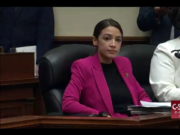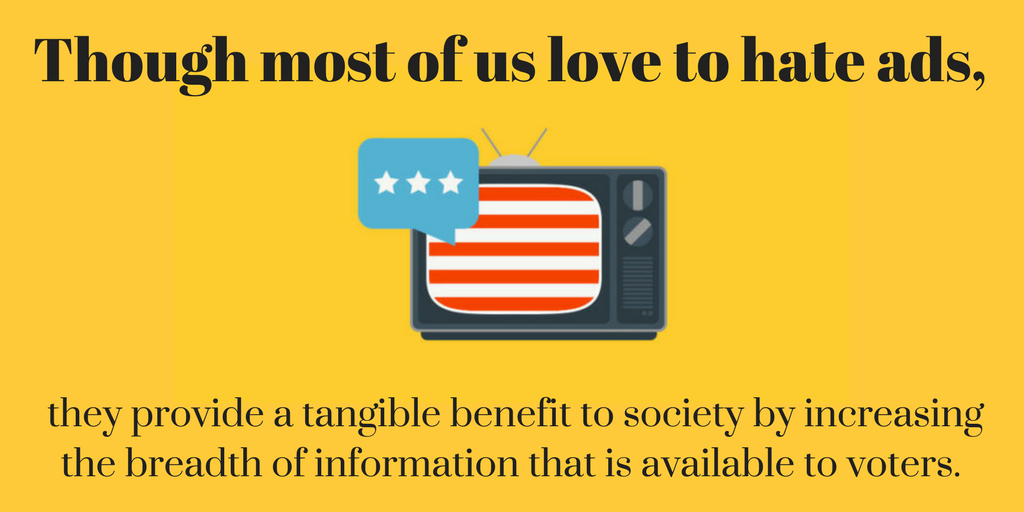Incoming Speaker Pelosi has resolved to make grassroots lobbying disclosure a part of the flurry of legislation to be passed during the new Congress’ “first 100 hours.” With the 110th Congress taking office in less than a week, we thought this an opportune time to renew our objections to this ill-conceived stab at “reform.”
For those unfamiliar with the term, “grassroots lobbying” simply means encouraging or stimulating the general public to contact lawmakers about issues of general concern. Because it does not involve direct contact with lawmakers, it is not really “lobbying” in the usual sense of the term. Instead, it is citizen-to-citizen communication that fosters citizen-to-lawmaker communication. And it is not an appropriate target for “disclosure.”
The purpose of disclosure is to provide with citizens information about their government in order to combat corruption, not to allow government to track the political activity of its citizens. Subjected to such scrutiny, some citizens, fearing retaliation, may simply stop speaking. Others may prefer to speak anonymously for the same reason favored by the pseudonymous authors of the Federalist Papers: a desire to focus political debate on issues, not names. Regardless of their motive, without direct contact with lawmakers, there is simply no compelling rationale to require disclosure.
Earlier this year, CCP released a Policy Primer that covered our objections in greater depth. The issues haven’t changed since then; grassroots lobbying disclosure is as bad an idea in 2007 as it was in 2006.
If there’s one thing to be learned from the thousands of gym memberships bought in January that don’t get used past February, it’s that New Year’s resolutions are awfully hard to keep. Here’s hoping that getting grassroots lobbying disclosure passed proves as difficult as losing those last ten pounds.
To read CCP’s Policy Primer on grassroots lobbying disclosure, click here.
An editorial based on the Primer is available here (via NRO).














